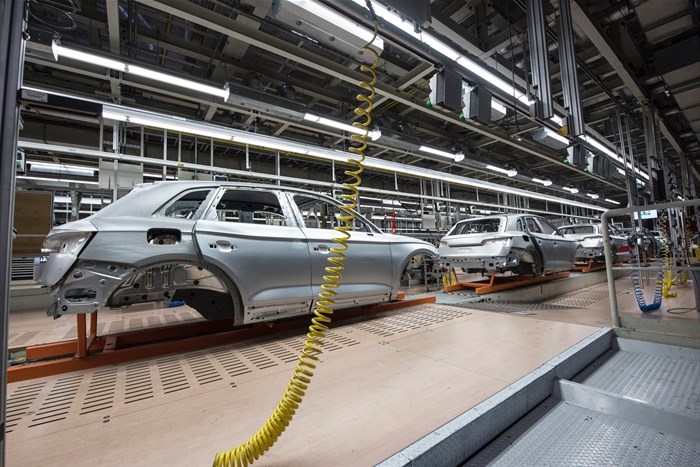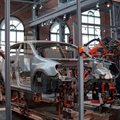
Subscribe & Follow
What the new 2035 ban means for SA's automotive industry

According to the 2022 Automotive Export Manual, South Africa's vehicle exports saw a growth of nearly 10% in 2021, totalling 298,020 units compared to 271,287 the previous year. This increase in export volume has had a significant impact on the country's economy, as the export value increased by R17.1bn to reach a total of R138.3bn.
“However, South Africa's thriving automotive industry is facing a new challenge as the global market increasingly shifts towards electric vehicles. Our country's largest export destination, namely Europe, is at the forefront of this change, which could have a significant impact on our automotive sector,” says Edward Makwana, general manager at Legacy Motor Group.
“The shift towards electric vehicles will significantly alter the demand for traditional internal combustion engine vehicles, which South Africa has been exporting in large quantities to Europe. The transition to electric cars will also bring new competition from established electric vehicle manufacturers, which could make it more challenging for South African companies to compete in the European market.”
“Despite this challenge, the South African automotive industry remains well-positioned to respond to the changing market. The country has a skilled workforce, a strong manufacturing base, and a history of innovation, which gives it the potential to play a significant role in the electric vehicle market, he adds.
What needs to be done
“To achieve this, the industry will need to adapt quickly to the changing demands of the market, and invest in research and development to stay ahead of the competition. With the right investments and support, South Africa has the potential to become a leading player in the electric vehicle market and can continue to drive economic growth through automotive exports.”
South Africa's electric vehicle market is currently lagging behind the rest of the world, with only a handful of EVs on the road, while none of the country’s original equipment manufacturers (OEMs) produce the vehicles locally. While some do produce hybrid vehicles locally, the market for electric vehicles in South Africa remains in its infancy.
EVs remain expensive for consumers
Mpho Dipela, chairman and shareholder of LMG added that one of the key barriers to the growth of the electric vehicle market in South Africa is the 25% import duty on EVs, which is significantly higher than the 18% duty on traditional internal combustion engine vehicles. This, combined with the fact that EVs have not yet reached price parity with their fuel-powered counterparts, makes importing EVs a prohibitively expensive option for most consumers.
However, the global market for electric vehicles is rapidly developing, and it is hoped that price parity between EVs and internal combustion engine vehicles could be achieved from 2024.
“This means that if South Africa does not adapt to the changing market, its automotive industry could be left behind, and its export markets could close their doors. The consequences of inaction could be dire, and it is imperative that the country takes steps to catch up and remain competitive in the global automotive market,” warns Dipela.
“South Africa's electric vehicle market is small and urgently requires investment and development to stay competitive in the global market. The high import duty and lack of price parity with internal combustion engine vehicles are significant barriers to growth, but with the right investments and support, our country has the potential to become a leading player in the electric vehicle market.”
To stay competitive in the rapidly evolving automotive industry, the country must take swift action to create a favourable business environment, invest in a holistic electric vehicle infrastructure, and retain preferential trade access with key partners. These measures will ensure the country's competitiveness and secure a sustainable future for the automotive sector.















